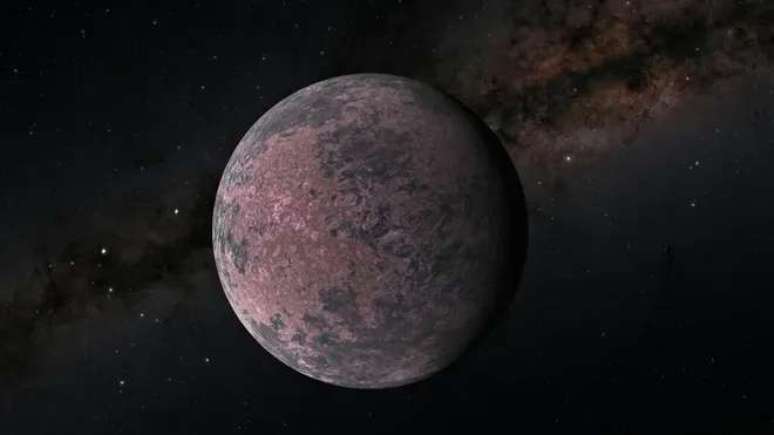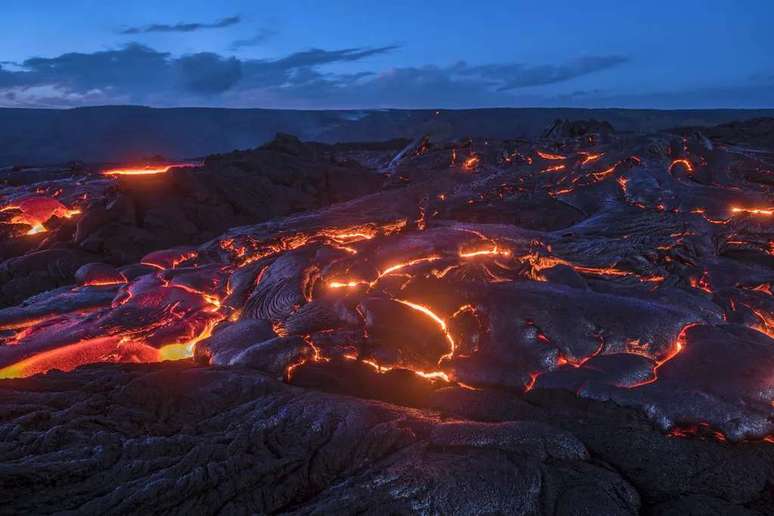Still a mystery to science, the origin of water on Earth has a possible new explanation thanks to the investigation of exoplanets
The origin of water on Earth: substance that covers 70% of the planet’s surface – is not yet fully understood by science. But a new study, published in the journal naturehowever, it provides a different approach to bring humanity closer to unraveling this mystery.
- Theory suggests that the water you drink today is 4.5 billion years old
- Early Earth’s magma solidified faster than previously thought
For decades, all studies of planetary formation have been based on the Solar System itself, explaining the origin of the earth from the disk of gas and dust that surrounded the Sun after its birth. Now, with the search for planets outside our system ever more common, scientists have new possibilities to investigate worlds in their “infancy”, while they are still in the making.

“The exoplanetary discoveries have given us a much greater understanding of how common it is for newly formed planets to be surrounded by atmospheres rich in molecular hydrogen,” explains Anat Shahar, one of the leaders of the study. “Eventually, this layer of hydrogen dissipates, but it leaves a trace in the composition of the world.”
It was already known that, over time, the materials surrounding the Sun were agglomerating to become larger and hotter, giving rise to the planets in our system. Eventually, the early Earth cooled and its structure divided into three distinct layers: the crust, mantle and core.
Now, using observed information about exoplanets, Shahar and his colleagues have developed new computational models to simulate Earth’s evolution, successfully demonstrating how the first hydrogen-rich atmosphere could have interacted with the magma ocean to give rise to the evolution of the earth. abundance of water we have today. The model calculates the interactions between a total of 25 chemical compounds, involved in 18 reactions.

Even if all of the rocky material that came together in the Sun’s orbit to form the early Earth was completely devoid of water, research shows that these chemical processes would be enough to generate all of that substance here. In any case, scientists do not exclude the possibility that other contributions.
“This is only one possible explanation for the evolution of our planet, but it carries an important link between the formation of the Earth with the most common exoplanets that we have discovered orbiting distant stars,” concludes Anat.
Source: nature Through: Carnegie Science
Trending on Canaltech:
- The new Toyota Prius has absurd consumption in tests in Japan
- Hunger Success Review | The film brings a good social analysis albeit with errors
- Dark matter distorts ancient light from the Big Bang and confirms Einstein’s theory
- The video shows the hole spouting warm water on the ocean floor
- WhatsApp launches feature to prevent account theft
- 1,700-year-old hidden biblical fragment found
Source: Terra
Rose James is a Gossipify movie and series reviewer known for her in-depth analysis and unique perspective on the latest releases. With a background in film studies, she provides engaging and informative reviews, and keeps readers up to date with industry trends and emerging talents.






